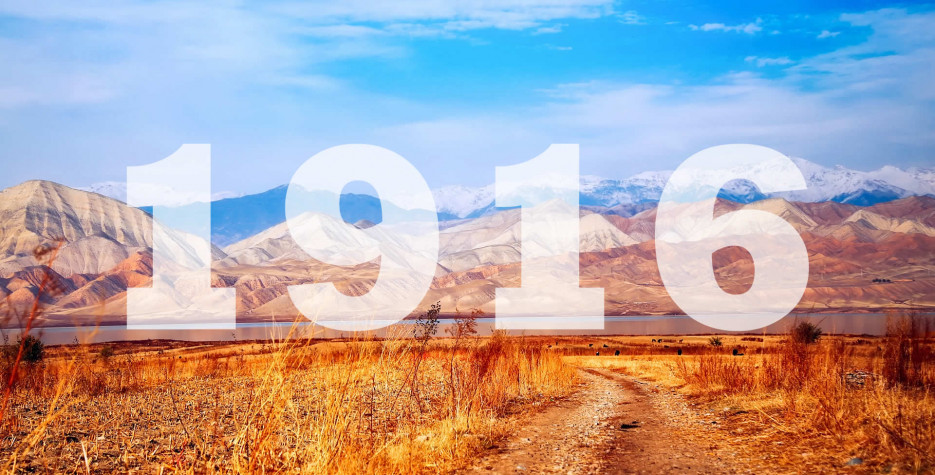When are the Days of History and Commemoration of Ancestors?
The Days of History and Commemoration of Ancestors is a two-day national holiday in the Kyrgyz Republic on November 7th and 8th each year.
History of Days of History and Commemoration of Ancestors
During the era of the Soviet Union, November 7th was October Revolution Day, which celebrated the Russian Revolution in 1917. After the collapse of the USSR in 1991, this holiday was dropped by almost all the former Soviet republics, with only Belarus still observing it.
In Kyrgyzstan, it was decided to use the public holiday to remember a national liberation uprising that ended in tragedy in 1916.
In 2017, Kyrgyz lawmakers approved a resolution to transform the Soviet-era October Revolution Day holiday into a two-day holiday called Days of History and Commemoration of Ancestors.
Amendments to the Central Asian country's labour laws expanded the November 7th holiday to also include November 8th.
The President Almazbek Atambaev at the time of the changes said the name change was needed to provide "an objective historic assessment on the national liberation uprising and the tragic events of 1916" known as Urkun, in Kyrgyzstan.
The mass uprising began in 1916 when Russia decided to draft Central Asians into the army as unarmed workers in order to build fortifications during the first world war.
Previously Muslims were exempt from conscription and many Kyrgyz (and Kazakhs) Muslims refused the orders and openly rebelled against the Russian authorities.
Though definitive figures are impossible to know, it is estimated that at least 150,000 Kyrgyz were killed by Russian Tsarist troops, and many more fled to the neighbouring Chinese province of Xinjiang.
In August 2016, a public commission in Kyrgyzstan concluded that the 1916 mass crackdown constituted "genocide."


